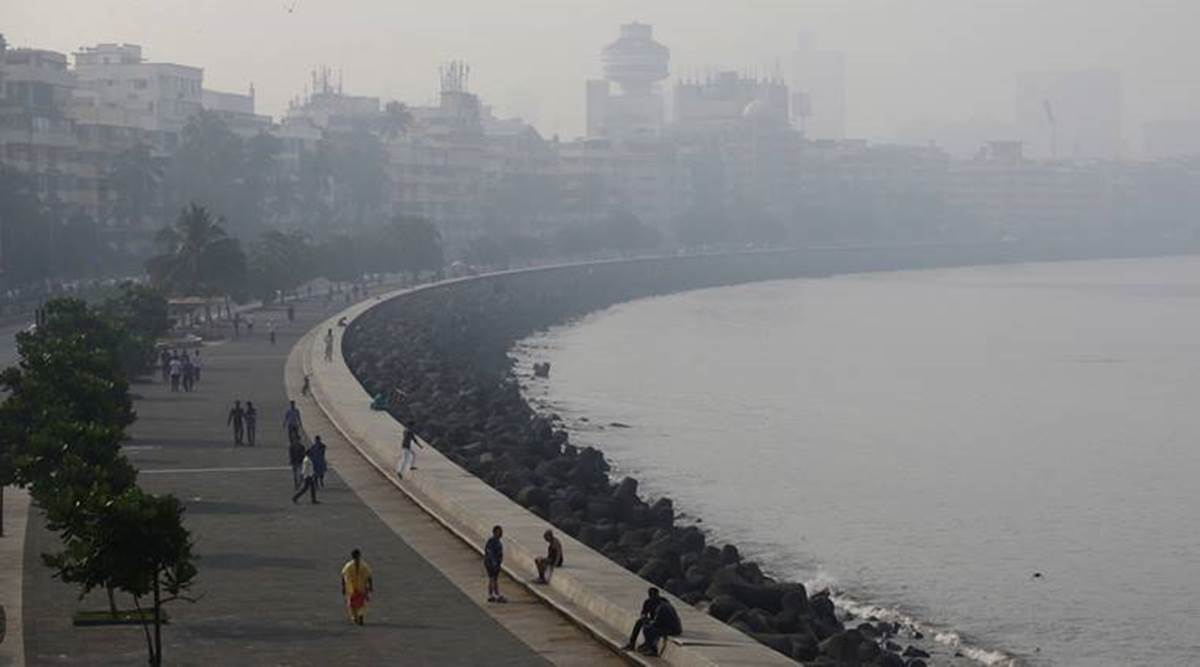
India and Japan will strengthen their collaboration, share scientific knowledge and data at a regional-level as part of a joint effort to reduce marine litter, said M Rajeevan, Secretary, Ministry of Earth Sciences (MoES).
The United Nations had declared 2021-2030 as the decade of ‘UN Decade of Ocean Science for Sustainable Development’. With the rising plastic pollution in the oceans, it has been warned that by 2050, plastic could outnumber the fish in the ocean. Of the 3,00,00,000 ton plastic generated every year, about 3 per cent ends up in the sea, posing a serious threat to marine life.
– Stay updated with the latest Pune news. Follow Express Pune on Twitter here and on Facebook here. You can also join our Express Pune Telegram channel here.
“The present collaboration with Japan will ensure advanced data collection techniques, scientific research and development to address the current marine litter issues and help formulate policy to reduce marine litter through regional co-operation. MoES is committed to undertake more research on this important topic,” said Rajeevan, who was speaking at the Indo-Japan webinar titled ‘Marine Plastic Prevention and Management’ on Tuesday.
As part of India’s efforts in understanding the plastic litter, the National Institute of Ocean Technology (NIOT), Chennai, has been studying the Indian coasts and tracking the concentration of plastic waste since 2018. The programme aims at mapping the spatio-temporal extent of plastic litter present along the Indian coasts and adjacent seas and use these findings to frame a marine litter policy for India.
“Research, so far, indicates that marine litter is spread along the entire water column and sediments. Higher litter quantities are present during monsoon season and they spread and reach coastal waters, enter estuaries, creeks and rivers via rainwater,” Rajeevan said.
In recent years, poor implementation of sewage and waste treatment mechanisms, growing man-made activities were among a host of reasons leading to an increase in plastic pollution along Indian coasts, the experts noted.
“Institutional strengthening, capacity building, public awareness and continued review and improvement of activities and implementation of regulations at regional, national and international levels are needed to tackle plastic litter,” suggested the MoES Secretary.
The Japanese experts noted that Covid-19 pandemic, too, had led to a surge in the plastic usage and associated waste generated.
” Plastic waste generated from PPE kits used by health workers, packaging material used to deliver services at home, and the number of PET bottles all grew during the Covid-19 pandemic,” said Kaname Ikeda, former Japanese diplomat who spoke on the occasion.
Naresh Pal Gangwar, Joint Secretary, Ministry of Environment, Forest and Climate Change updated on the numerous initiatives taken up by the Indian government towards implementing better waste management in the country.
The event was organised by the Indian Embassy in Japan.






















